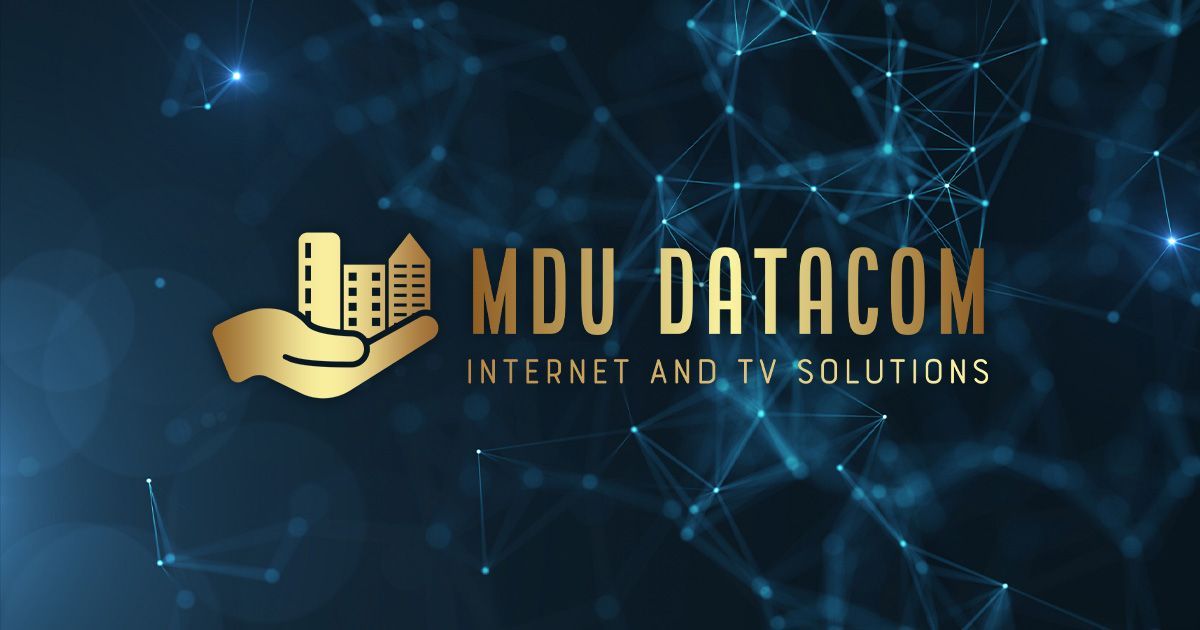Securing Multi-Dwelling Unit Internet Traffic Via Strong Encryption Standards to Protect User Privacy as well as Information Accuracy
Securing Multi-Dwelling Unit Internet Traffic Via Strong Encryption Standards to Protect User Privacy as well as Information Accuracy
Blog Article
Within the current online landscape, protecting internet data is increasingly crucial than ever, especially in Multi-Dwelling Buildings (MDUs) such as apartment complexes and condominiums environments. These settings often have many tenants sharing the same internet service, which can result to possible security threats. To ensure that residents' confidentiality and information security are maintained, it is vital to implement robust coding protocols. Encryption is a technique that encodes data, rendering it inaccessible to anyone who do not have the appropriate key to decode it. This procedure helps keep individual information safe from cybercriminals and unauthorized access.
A of the widely commonly used coding standards is SSL Sockets Layer (SSL) and its replacement, Transport Security (TLS). Such standards establish a secure connection between a resident's system and the internet, ensuring that any information transferred remains private. When residents in an MDU access sites that utilize SSL/TLS, their personal information, including login credentials and credit billing details, is secured. This means that even when someone attempts to capture the data, they would merely see a jumble of letters and numbers, rendering it almost impossible to understand. By promoting the use of such protocols, MDUs can significantly improve the safety of their residents' internet actions.
A further important encryption method is Virtual Private Network (VPN) technology. A VPN establishes a protected pathway for internet data, which protects users from invasive observers, especially when accessing shared Wi-Fi networks. In an MDU, where numerous residents may link to the identical network, using a VPN can assist guarantee that personal internet activities remain confidential. This is especially important for activities such as online transactions or retrieving sensitive information. By promoting the adoption of VPNs among tenants, MDUs can cultivate a more secure online environment and help safeguard against information leaks.
In addition to such encryption methods, it is vital for MDUs to inform their tenants about the significance of online security. Many people may not be aware of the risks associated with utilizing shared internet services. Offering resources on how to recognize phishing efforts, the importance of robust passwords, and the benefits of employing secure websites can empower tenants to assume charge of their online safety. Workshops or educational meetings can be beneficial ways to raise awareness and promote optimal habits for internet safety.
Ultimately, MDUs should consider working with web provider providers (ISPs) that prioritize safety and provide advanced coding features. By collaborating with ISPs that utilize robust encryption standards, MDUs can guarantee that their Full Article residents have access to protected internet services. This partnership can result to improved general safety for the whole building, as well as increased trust among tenants. By implementing these steps, MDUs can establish a more secure online space, safeguarding user confidentiality and information integrity in an ever more connected world.